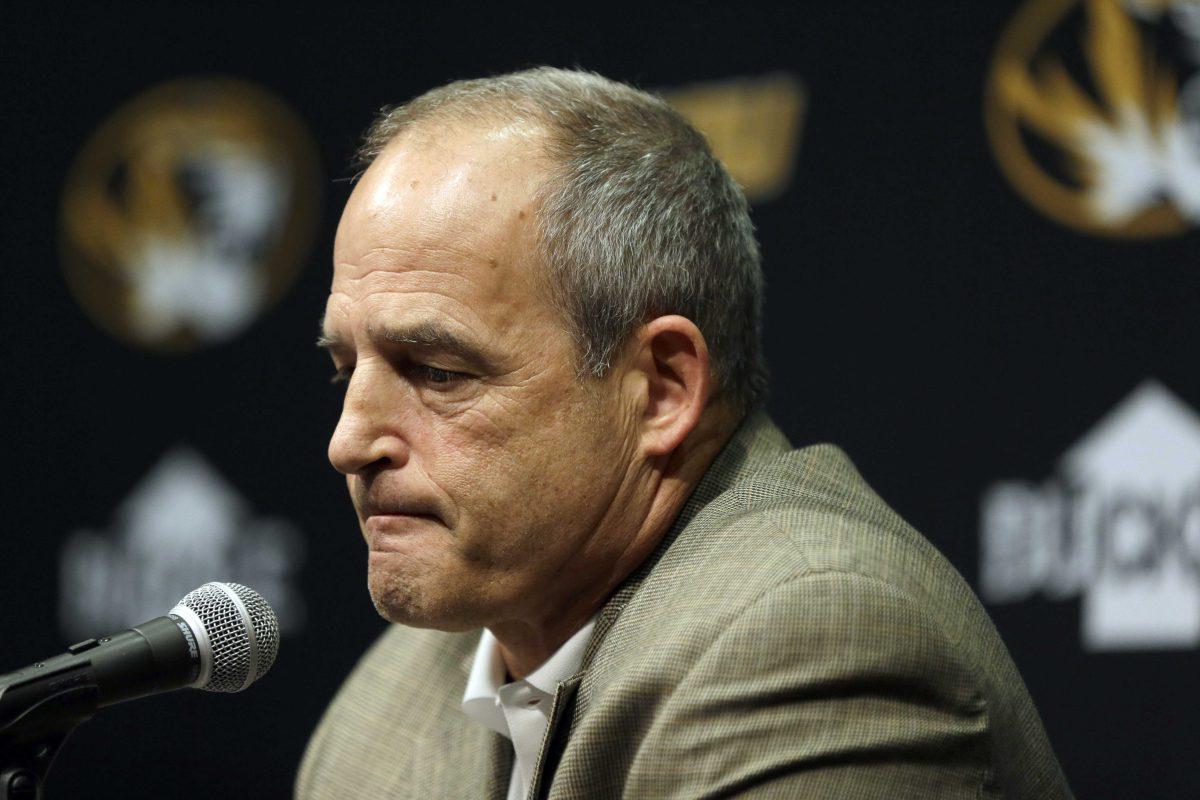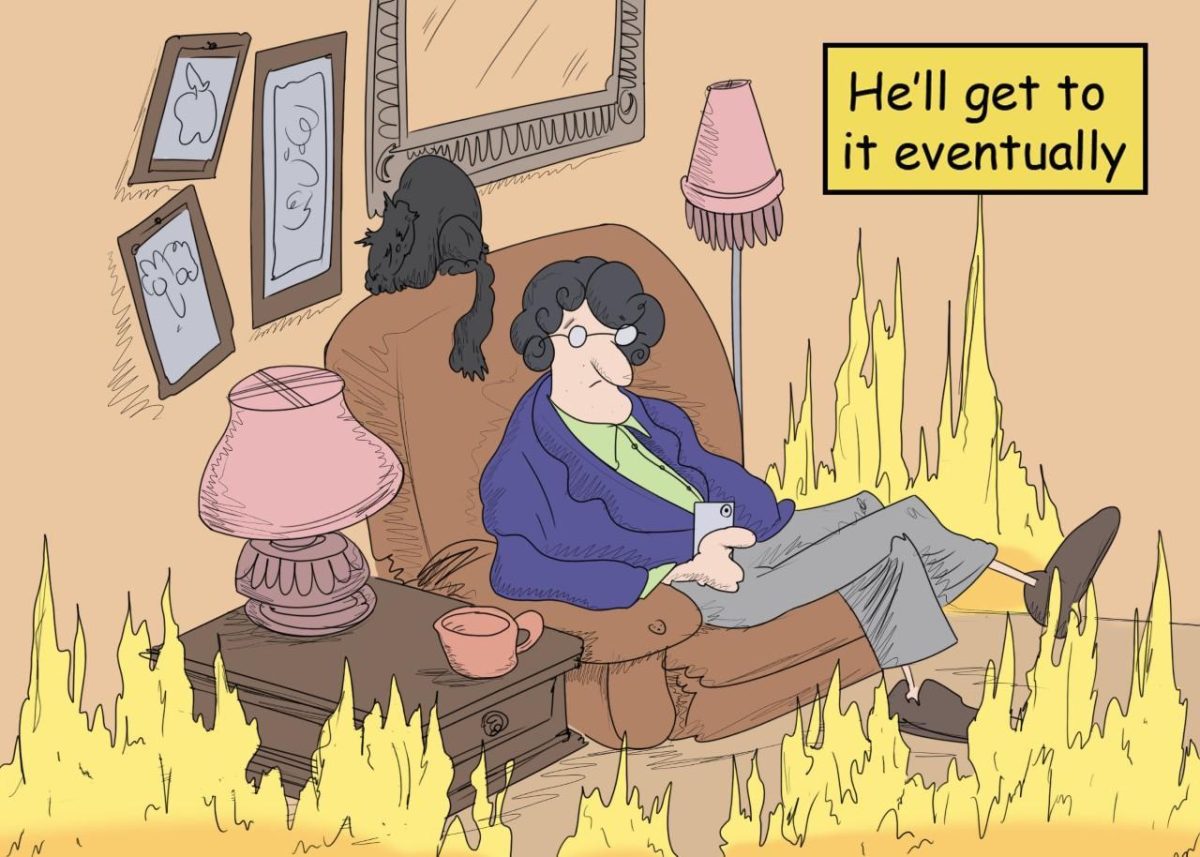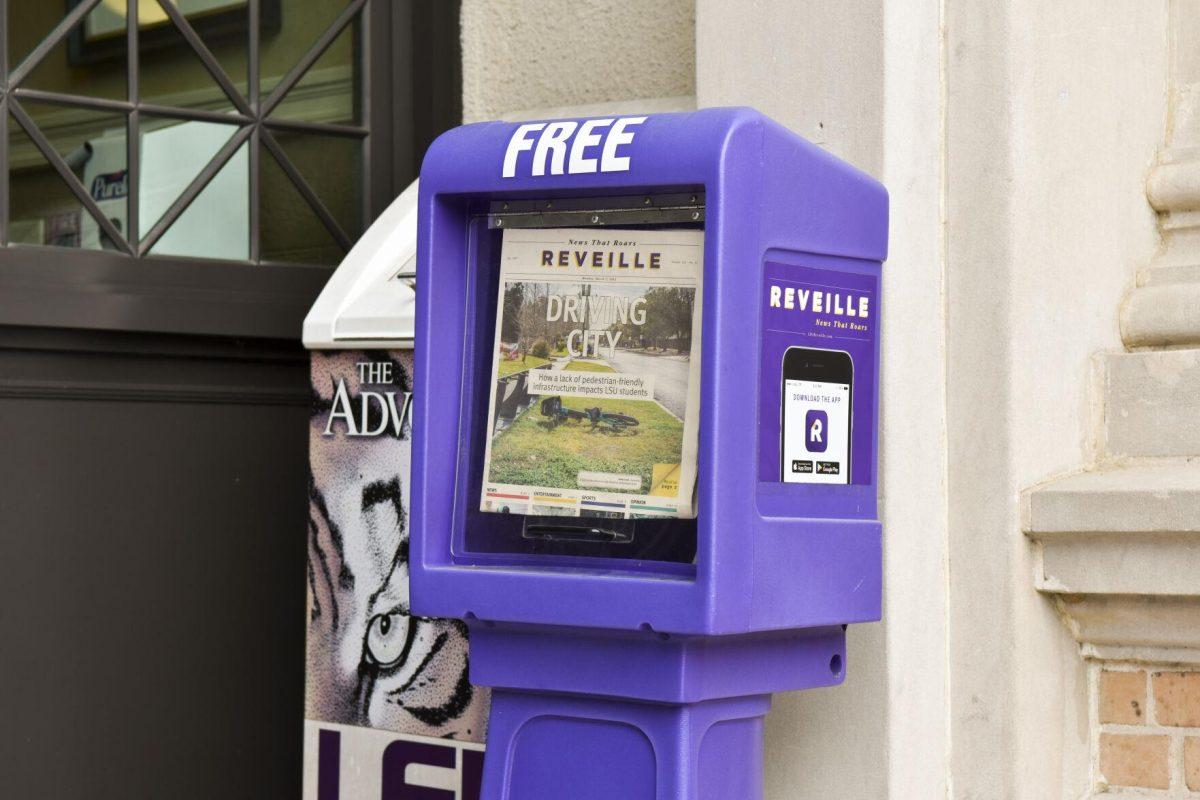Monday morning, the power of college football was as evident as ever, and it went to the best use — thwarting racism.
College football has an unrivaled presence in American households. Many Americans spend their Saturdays worrying more about football than serious concerns like politics or poverty.
But Saturday, the University of Missouri football team flipped the script following its 31-13 loss against Mississippi State University.
Several African-American football players announced on social media, and Missouri’s Legion of Black Collegians issued a statement on behalf of more than 30 black and white players on the team, that the players would stop practicing and playing games until the university’s president, Timothy Wolfe, resigned.
Missouri coach Gary Pinkel stood behind his players’ decision, calling off practice Sunday and tweeting out a message of support with a photo of a group of players interlocking arms.
The strike followed criticism of Wolfe’s mishandling of racial controversies around campus.
If Missouri had to cancel its game against Brigham Young University this Saturday, USA Today reported the program would be forced to pay BYU $1 million for breaking their contract. It was likely this potential loss of revenue that forced Wolfe to make a decision.
With no other option, Wolfe announced his resignation effective immediately Monday morning at a Board of Curators meeting. The Board of Curators serves as the governing body for Missouri, like LSU’s Board of Supervisors. Following suit, Chancellor R. Bowen Loftin announced he will step down at the end of the year.
Wolfe was apologetic during his announcement, stating, “I take full responsibility for the inaction that has occurred.”
But Wolfe wasn’t so apologetic when refusing to act after university student and Students Association President Payton Head was accosted in September by a group of white males who yelled the “n-word” at him. Admittedly, there’s probably not much Wolfe could have done in that situation other than releasing a statement condemning the act.
But he had at least three more chances between September and October to do the right thing, and he failed every time.
When a swastika appeared on the floor and wall of a university dormitory, Wolfe could have committed all resources possible to find the offender and levy a just punishment.
Or he could have talked to the group of students known as Concerned Student 1950 — which denotes the year black students were finally allowed to enroll at Missouri — when the group approached his car during the school’s homecoming parade. Instead, he had police remove the students from the parade route, the Kansas City Star reported.
Wolfe’s mishandling of the situation prompted graduate student Jonathan Butler to undergo a hunger strike last week, and the football team joined the fight Saturday.
Racism, or failing to prevent the spread of racism, is unacceptable in any form, which is why I respect those who put their lives and futures on the line to fight back.
Those who protested and went on strike against Wolfe risked their hearts and souls, considering they were two hours west of where Michael Brown was shot and killed in Ferguson. And the football players’ careers would be on the line if Wolfe refused to resign.
Butler, his fellow protesters and the football players did the right thing. The U.S. is still a long way from where we need to be on race, but thanks to students and student-athletes at Missouri, we took a step forward.
The power college football programs have to create change can affect a variety of social causes, and I hope more teams follow Missouri’s precedent to tackle major issues on their campus.
Imagine how much ground LSU could gain against sexual assault if a number of high-profile athletes on campus refused to practice until the university took more punitive action.
Jacob Hamilton is a 20-year-old political science junior from Slidell, Louisiana. You can reach him on Twitter @jhamilton_TDR.
Opinion: Missouri football players show social power of college athletes
November 9, 2015
Missouri head football coach Gary Pinkel speaks to the media Monday, Nov. 9, 2015, in Columbia, Mo. Football will resume at Missouri following the resignation of University of Missouri system president Tim Wolfe after several members of the team, pointing to Wolfe’s inaction in handling of racial tensions at the school, announced over the weekend that they would not play until the president was gone. (AP Photo/Jeff Roberson)
More to Discover











